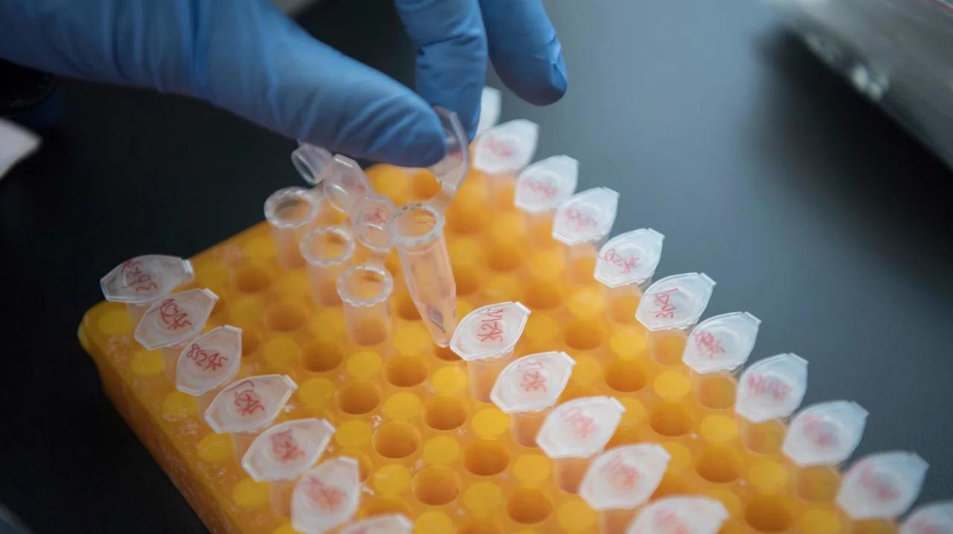
China’s Quest for Genetic Supremacy: Protecting a Goldmine of Data
In the evolving landscape of biosciences, China’s genetic data emerges as a pivotal asset. With a population of 1.4 billion, China possesses a vast reservoir of this data, positioning itself at the forefront of potential medical and scientific breakthroughs.
China’s Investment in Genetic Data
China’s commitment to biosciences is evident in its significant investments. Biobanks and research centers across the nation store vast amounts of genetic data. The government’s recent initiative, a “national genetic survey,” aims to centralize and oversee these resources.
Tightening Controls on Data Access
Contrary to many Western nations advocating for open data sharing, China has been restricting foreign access to its genetic data. These restrictions, part of new regulations, came into effect in July, emphasizing China’s intent to safeguard its genetic resources.
Implications of Genetic Hoarding
While China sees immense economic potential in its genetic data, experts like Joy Y. Zhang warn against hoarding. She suggests that international collaboration is vital for realizing this potential, and limiting access might hinder China’s progress in the long run.
The Global Significance of Genetic Data
Genetic data can unlock insights into healthcare, national defense, and biosafety. China recognizes the potential applications, from disease treatment to understanding birth defects and longevity. The nation’s vast population offers a unique genetic resource, making it a focal point in global biosciences.
Challenges and Concerns
Despite its vast resources, China faces challenges in data management. Fragmented biobanks and lack of standardized data storage methods pose issues. Additionally, concerns about individual privacy in the digital age, especially with incidents of data breaches, raise questions about data security.
The Broader Implications of Data Restrictions
China’s stringent regulations on genetic data access might have broader consequences. International collaborations, especially with the US, could suffer. Zhang emphasizes that while China is a major player in life sciences, it still relies on global partnerships for cutting-edge advancements.
In a nutshell, China’s vast genetic data holds the promise of significant breakthroughs in the biosciences field. However, the nation’s approach to data protection and sovereignty might shape the future of global collaborations and advancements. Balancing national interests with global cooperation will be crucial in the coming years.


